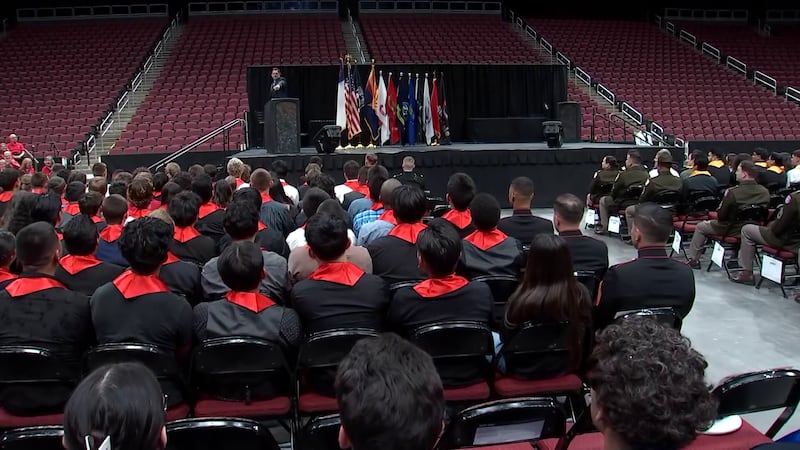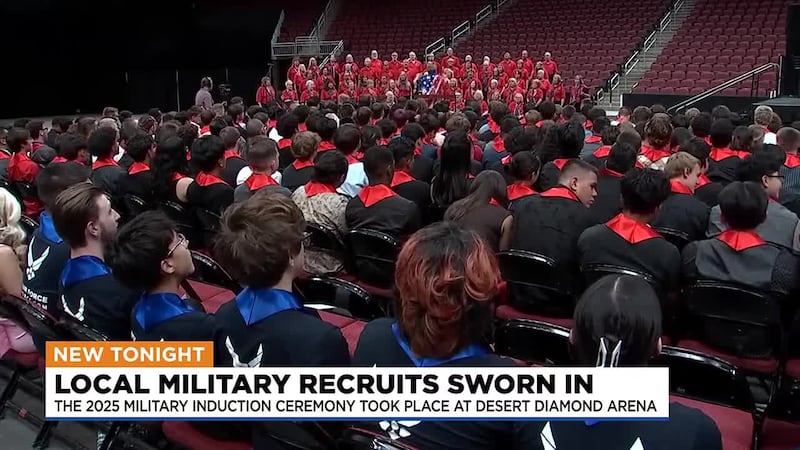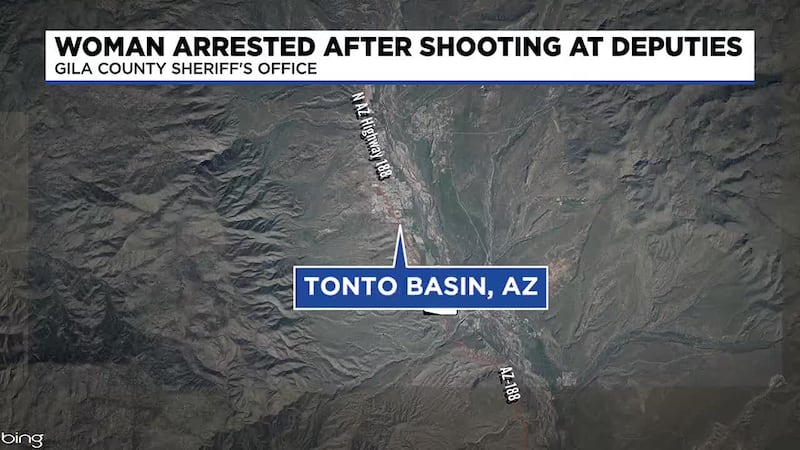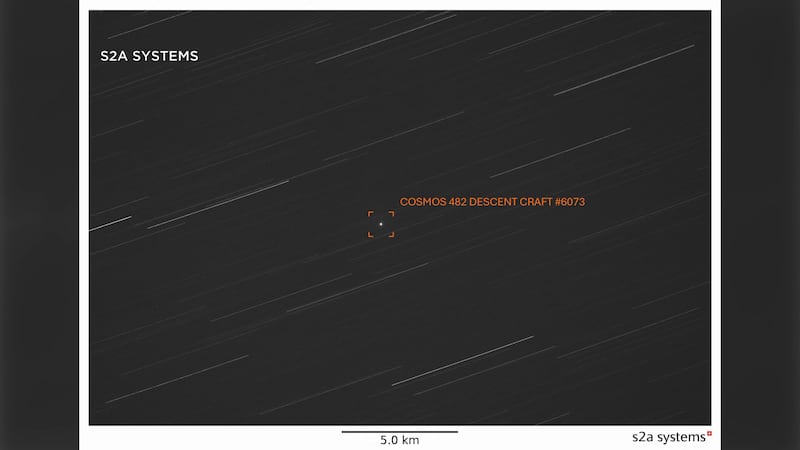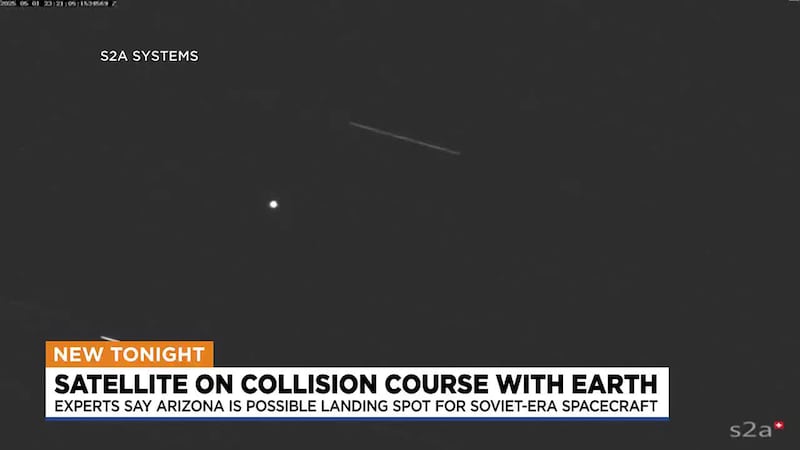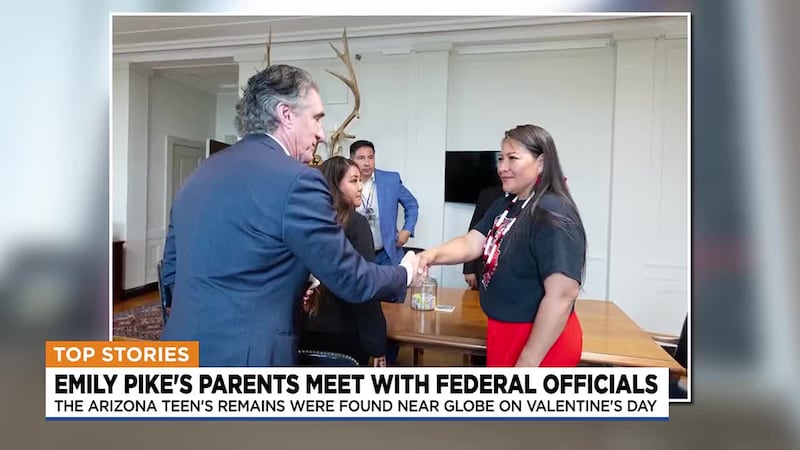Lottery apps thrive with few regulations in Arizona, while under scrutiny in other states
Texas and New Mexico have examined how so-called lottery couriers operated in their states
PHOENIX (AZFamily) — The lottery is big business in Arizona, with sales surpassing $1.4 billion in 2024. However, new companies have entered the market recently, enabling people to buy tickets online. These online lottery couriers, as they’re called, are raising questions about regulation, access, and fairness.
Online lottery couriers, such as Jackpocket and Lotto.com, have rapidly expanded their presence in Arizona. Their pitch is simple — convenience.
Lottery couriers work by verifying a player’s age and location. Then, with a few clicks, it’s easy to buy a ticket. These companies then enlist one of their employees to purchase that physical ticket from a licensed retailer, often one they own. The ticket is scanned and uploaded to the customer’s account. The courier holds onto the physical ticket and notifies the customer if it wins.
“It’s a testament to engaging maybe a new audience, right? That isn’t going into the gas station,” Alec Thomson, the Executive Director for the Arizona Lottery, said.
Jackpocket has only been operating in Arizona for seven months yet has already sold a $112 million Mega Millions ticket, the second-largest jackpot in state history. The winning ticket was technically sold at Jackpocket’s brick-and-mortar location, Winners Corner, in Tempe, back in January.
“That transaction was seamless. There was a lot of security that went into making sure that player got their ticket, came into the office and was able to redeem that ticket,” Thomson said.
Still, the industry is not without controversy.
In Texas, lottery couriers have come under scrutiny. Critics say they enable underage gambling and allow players to game the system. State lawmakers there found that in 2023, several companies pooled resources to buy nearly every possible number combination—26 million tickets—to win a $95 million jackpot.
Arizona’s Family Investigates asked Thomson about that. “You know I think locally and nationally as an industry we’re watching what’s happening in Texas,” he responded.
JackPocket shut down service in New Mexico after the state’s Department of Justice issued an opinion on the legality of playing the state’s lottery online.
Arizona Lottery officials stressed there have not been any issues here.
However, Jeff Lenard with the National Association of Convenience Stores is concerned that states have few regulations for these online or app services.
“If I’m a customer and I know that the odds have been tilted in favor of companies that can buy tens of thousands, even millions of tickets, that undermines trust in the system,” Lenard said.
He argues they’re already hurting convenience stores where they’ve seen a decline in lottery sales.
Stores make money selling tickets. For example, they earn about 10 cents for every $2 Powerball ticket sold. They also receive bonuses when they sell a winning ticket. According to national lottery statistics, in 2022, the average store made just over $2,300 a month from lottery sales and bonuses.
“When someone goes to a convenience store, they’re probably picking up something more than a lottery ticket. They could be getting a fill up, whatever it is, those are other items that also pay taxes that go beyond the ticket,” Lenard said.
Over at the Corner Market in Tempe, manager Mindy Cole said she’s seen it firsthand.
“They’re a little annoying,” she said of the apps. “But yes, it actually stops people from coming in.”
Despite growing concerns, there are currently no state regulations specifically governing lottery couriers in Arizona, even as they continue to grow.
Arizona’s Family Investigates looked at sales from that record Mega Millions drawing in January and found the brick-and-mortar locations for Jackpocket and Lotto.com were among the top sellers.
A ticket sold by Jackpocket is considered the largest prize ever won through a courier.
“The concern is how the big could get bigger, how the unregulated could lead to distrust in the system,” Lenard said.
Jackpocket declined requests for an interview but said they support regulation.
“The future of lottery is primed for innovation. The future of gaming is primed for innovation,” Thomson said.
See a spelling or grammatical error in our story? Please click here to report it.
Do you have a photo or video of a breaking news story? Send it to us here with a brief description.
Do you have a story you want us to investigate? Tell us about it by contacting us.
Copyright 2025 KTVK/KPHO. All rights reserved.
